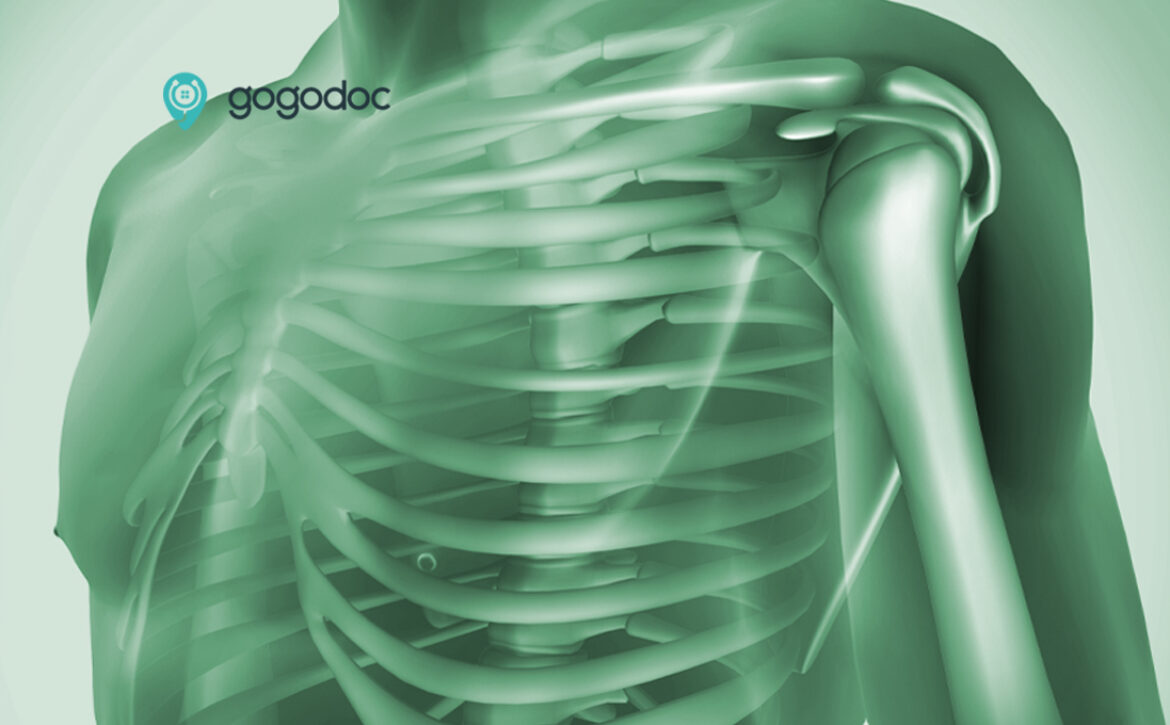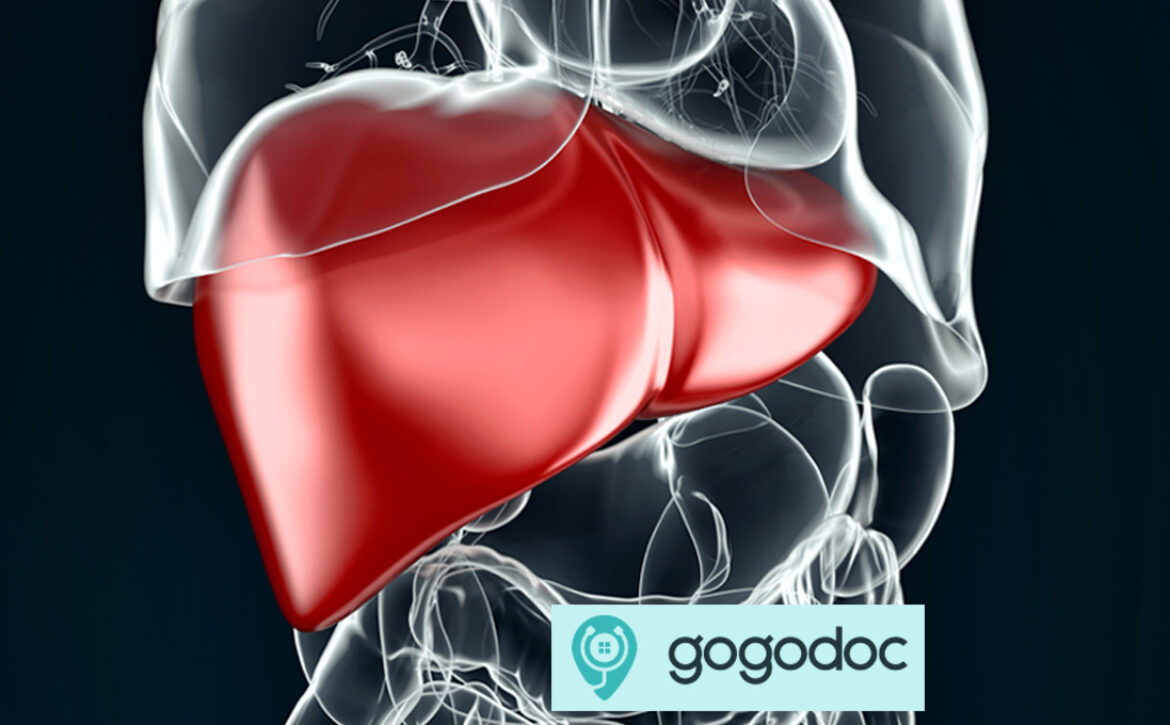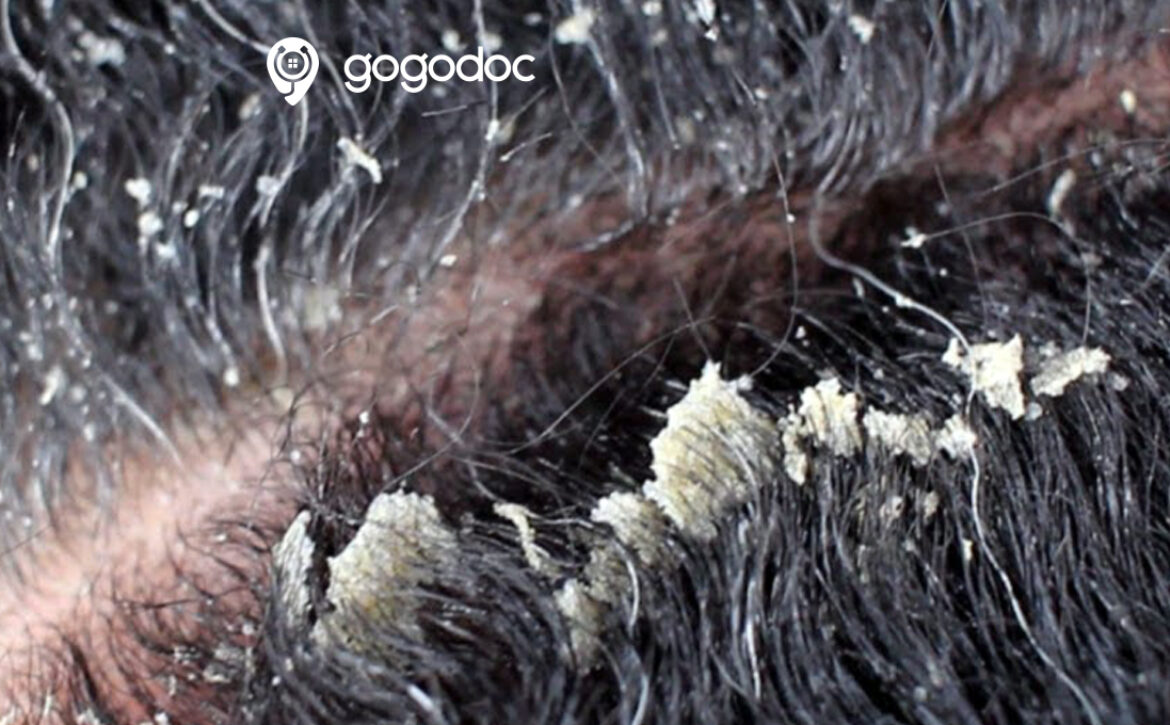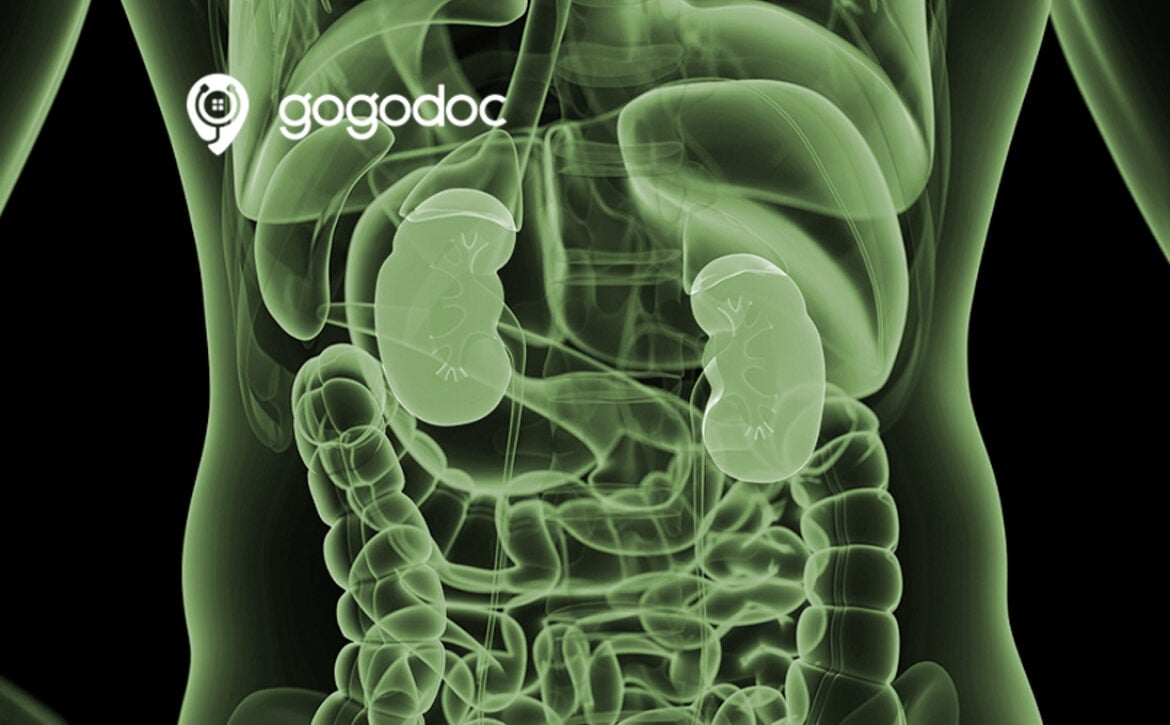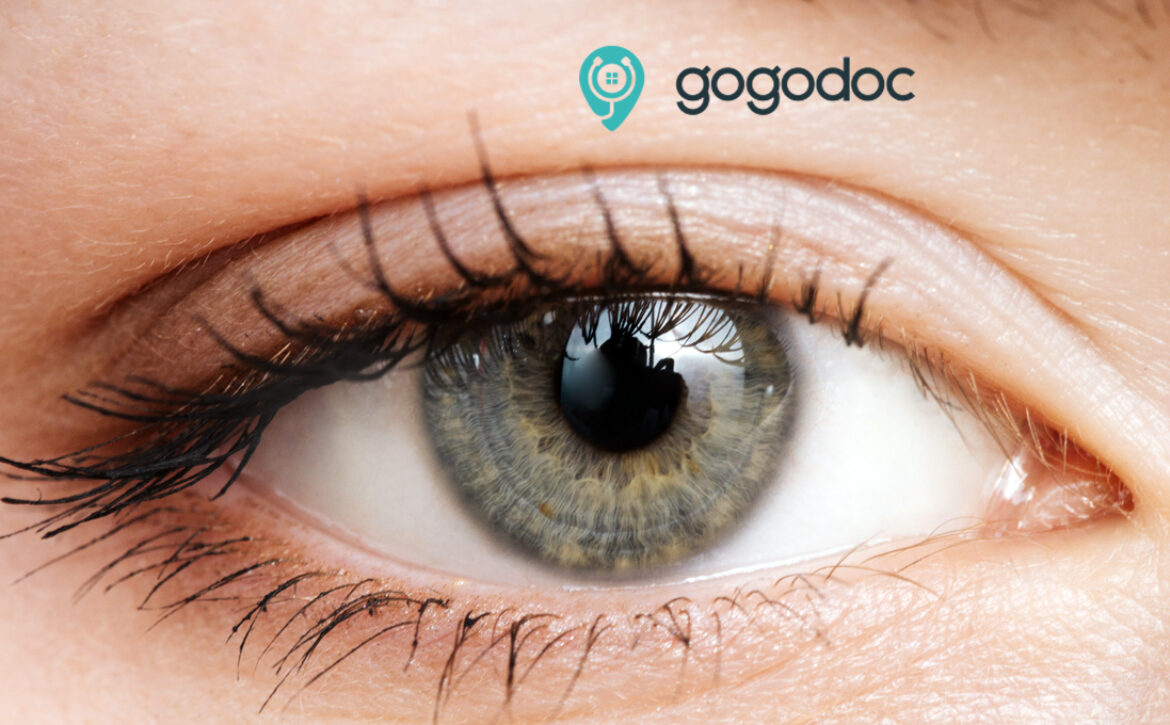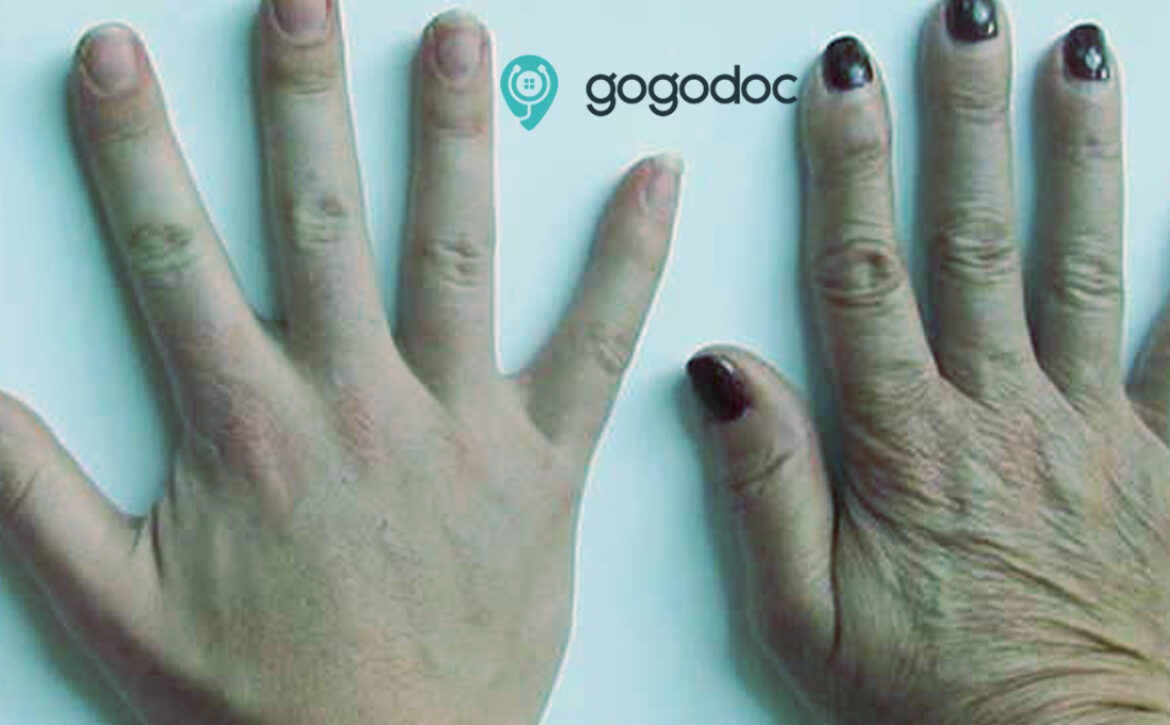Bone Health Profile
As we grow older, the strength of our bones can be weakened.
This test certainly helps in determining how your body’s metabolic processes are affecting your skeleton.
The nutrients like proteins, minerals and enzymes that are present in your body are crucial for a healthy bone structure and development of the bones in the human body.
A bone profile test includes the following:
- Phosphate
- Albumin
- Calcium
- Magnesium
- Alkaline Phosphate
Undergoing a bone profile blood test can help you point out the problems related with bones.
An inflammation in the joints called Gouts can be built up if the urate level in the blood increases along with crystallizations.
‘Ask Gogodoc About’ is an educational series providing information on various symptoms, pains, and disorders. (*intended for educational purposes only. If you are experiencing symptoms, please reach out to book an online GP consultation with a Gogodoc GP.) Talk to a doctor online at a time that suits you from home with a phone or video appointment. You can easily book an appointment with GP.
Book a video consultation today! and get expert advice.


